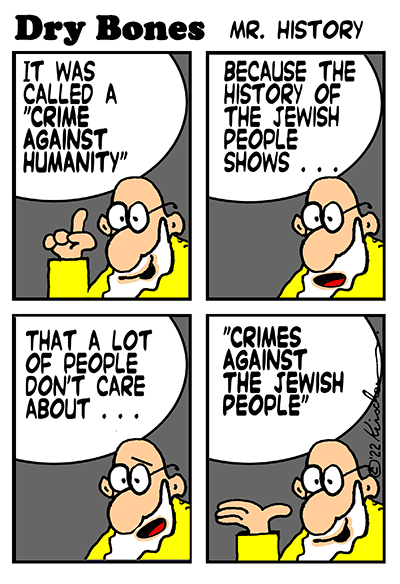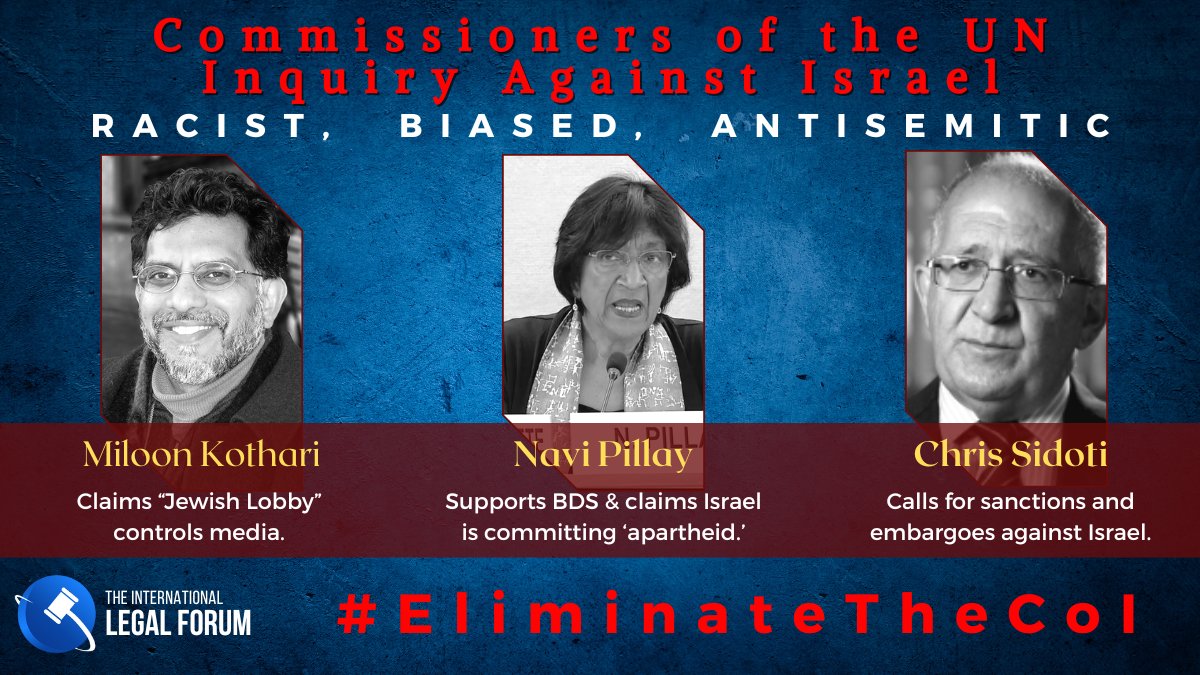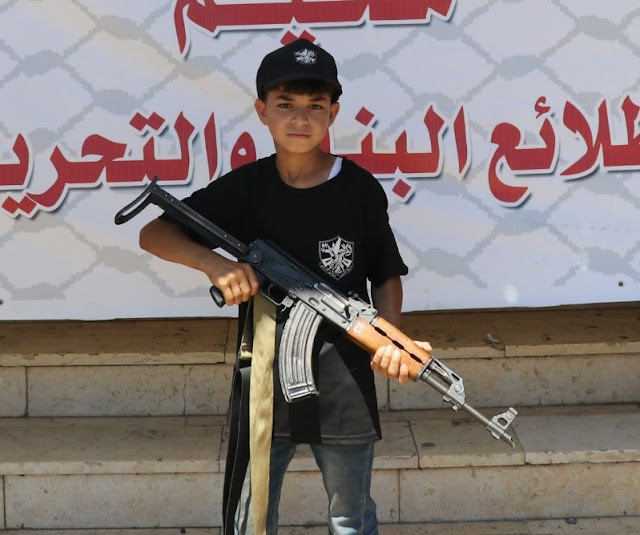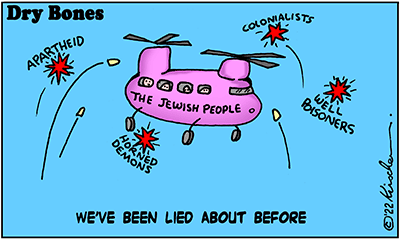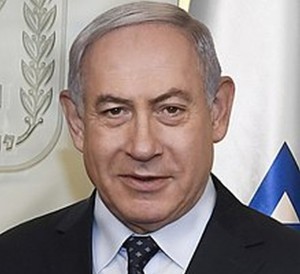The Holocaust was not just another genocide
It is the ideological diversity of modern antisemitism that makes identifying and countering it exceedingly difficult. Its home in the far left has added to its mainstreaming, making tackling some manifestations politically unfashionable.Nothing in history compares to the Holocaust - opinion
Assaults on Jews have come from all directions. In 2018, in the largest attack on the Jewish community in US history, neo-Nazi Robert Bowers killed 11 people in the Tree of Life Synagogue in Pittsburgh. Meanwhile, pro-Palestine marches in London saw the Israeli flag burned and dragged behind a car to loud cheers, not to mention the abuse shouted at Jews through megaphones.
And this year, British citizen Malik Faisal Akram held four hostages inside a Texan synagogue for 10 hours demanding the release of Islamist terrorist Aafia Siddiqui, who is suspected of having ties to al-Qaeda and was convicted of trying to kill US officers while in prison in Afghanistan.
Three antisemitic attacks, three differing ideologies.
For me, it was the experience of leading classes in schools about conspiracy theories and, in particular, 9/11, that opened my eyes to how all these strains of antisemitism have infected British education. In 2016, after I had delivered training to sixth-form students, a teacher let me know his concerns about the session. He felt we should be more open to “evidence” that 9/11 was organised by Jews.
I am sure that this school, as with all British schools, teaches the Holocaust. I am equally certain that the teacher who pulled me to one side did not realise that he was engaging in a perspective that underpinned Nazi thinking and drives modern-day antisemitism. Many teachers know what far-right, Nazi-style antisemitism looks like, but when Israel is blamed for nefarious power, corruption and murdering Palestinians, identifying antisemitism and why it is a problem is often lost. Rather than being historic, antisemitism is on a steep and terrifying incline. I recently authored a report into antisemitism in schools, reported in the JC earlier this month. It showed a 173 per cent rise in antisemitic incidences over a five-year period, and a 29 per cent increase between 2020 and 2021 alone.
Our schools have a distinct lack of resources when it comes to modern-day hostility towards Jews. Only 3.4 per cent of schools have a policy in place that specifically handles safeguarding students against antisemitism.
Look at the Holocaust Memorial Day Trust’s website and you see material on several genocides: Rwanda, Srebrenica, the Holocaust. The message is that we are never free from the risk of genocide. But education about the generalities of prejudice will never be enough. We must also teach our children — and those entrusted with protecting them — about the nature and hallmarks of modern antisemitism. Sadly, little is taught about the persistent threat posed to the Jewish community today.
Learning about the Holocaust is invaluable but we must avoid being all revved up with nowhere to go. How would the level of antisemitism in the country be affected if every Holocaust lesson was concluded with an understanding of modern antisemitism and the present threat? Would we see a more concerted effort to tackle antisemitism if we could identify it better, knowing that the threat did not end with Hitler? I am sure we would.
Which brings us to the Black Holocaust Museum in Milwaukee, Wisconsin. This museum was founded by Dr. James Cameron, after visiting Yad Vashem some years ago. In his words, Cameron says he “admired how Jews value their history, teaching their children and other groups about it, which gives Jewish communities strength and hope.” He wanted blacks to similarly learn about their own trials and tribulations, from the 1600s until today. The museum’s galleries examine the roots of slavery, the civil rights movement and the infamous Jim Crow laws, and also features a memorial to the victims of lynching.Melanie Phillips: Critics of this act of communal myopia will not be silenced
America, as we all know, is currently brimming with attention to the black cause. Black Lives Matter and other advocacy groups are widespread; movies and television give special consideration to black actors; many sports figures wear slogans of black pride, and even a new national holiday – Juneteenth, celebrating the final emancipation of American blacks – was recently added officially to the American calendar.
There is absolutely no question that blacks have suffered tremendously in America and other countries. Stolen from their homes, brutalized and stripped of all human rights for centuries, more than 12 million slaves were shipped under the most horrible conditions out of Africa, the vast majority to the Americas. Even when the law theoretically protected them – the 13th Amendment to the Constitution outlawed slavery in 1865 – discrimination, vilification and persecution continued unabated.
It would be difficult to minimize the tragedy the blacks have endured and, in some ways, are still enduring. In the “hierarchy of suffering,” there are surely some similarities between the history of the blacks and that of the Jews during the Shoah. Slave labor, denial of basic necessities, no protection under the law and pervasive prejudice are common to both. But to label the black experience a Holocaust?! That clearly crosses a line. Nothing in human history can be compared to what the Jewish people encountered in the Holocaust.
There have been genocides and massacres and widespread murders of various communities throughout history – the names and numbers, sadly, are simply too many to list. But never before did a regime like the Nazis engage in a worldwide effort to systematically wipe out an entire people wherever they might be found – from Oswiecim to Oslo – in the cruelest fashion imaginable. To use the name “Holocaust” to refer to anything other than the war against the Jews from 1933 to 1945 is to subvert history and insult the memory of the many millions who were murdered.
Thank God, there is a fourth event in our historic journey that brings us full circle. We have repudiated the counsel of the spies and once again entered the Land of Israel, this time never to depart. Let us hope that the term “Holocaust” will never again be used – by Jews or any other people – and that racism of all types will be eradicated.
What was truly appalling was Dorfman’s spiteful, and what I believe to be utterly groundless, claim about the objectors’ motives, and his implication, from my interpretation of his words, that any Jew opposing the project was a traitor to the Jewish people.
The objectors have in fact raised important issues. Not only would the structure’s 23 tall, bronze fins spoil this small green oasis, but in addition Lord Carlile, the government’s former counter-terrorism reviewer, said siting the memorial there would constitute a security threat.
Even more importantly, objectors noted that the project would equate Holocaust victims with “the victims of subsequent genocides in Cambodia, Rwanda, Bosnia and Darfur”. In other words, it would relativise, and thus diminish, the extermination of the Jews.
Baroness Deech said further that Holocaust memorials were increasingly used to promote “a self-congratulatory and sometimes self-exculpatory image of the country that erects them”.
Like other memorials, this one would fail to record how, during the Holocaust, the British government blocked the entry into Palestine of desperate European Jews in flagrant repudiation of the British Mandate to settle Jews there, thus facilitating their extermination.
Deech said: “The more the national Holocaust Remembrance Day events are packed out, the more the calls for sanctions on Israel that would result in her destruction, and the more the Holocaust is turned against the Jews.”
Deech thus articulated a vital insight into the deep limitations of Holocaust memorialising. For Dorfman to imply that Carlile and Deech were not only talking “nonsense” but that this was particularly reprehensible because they were Jews, was as obtuse as it was pernicious.



